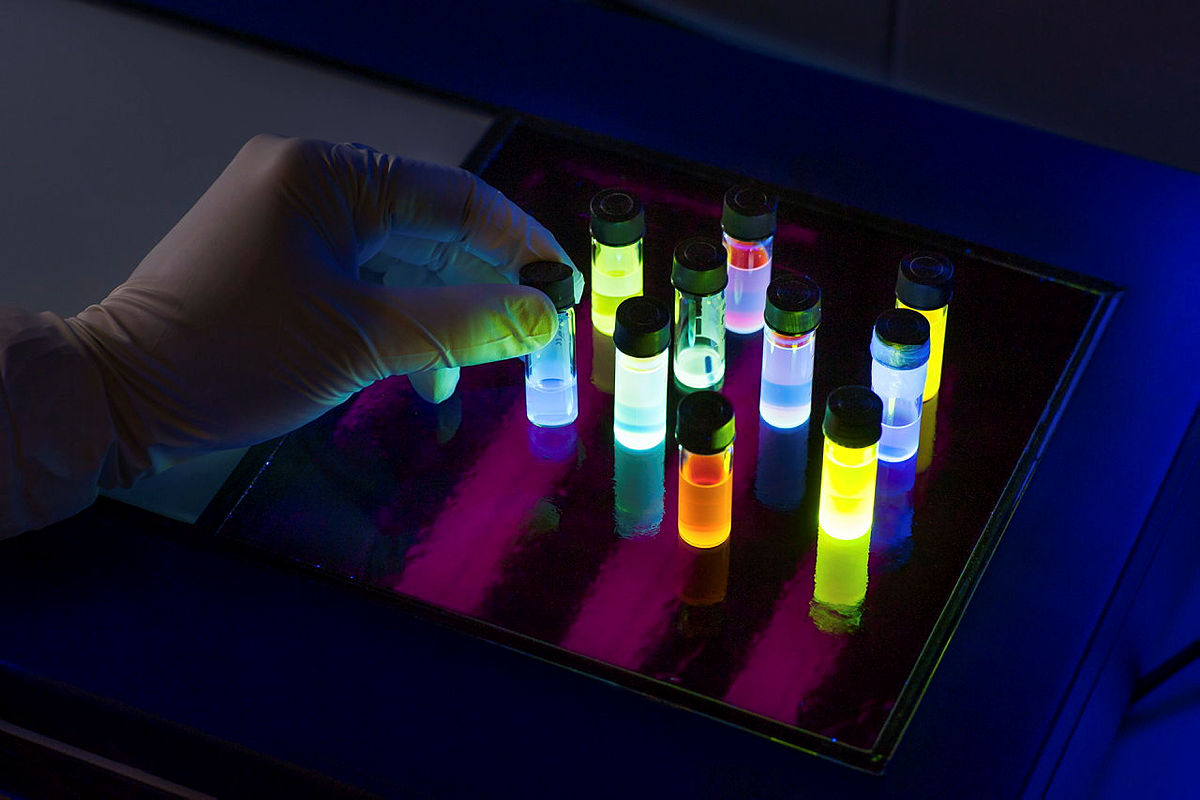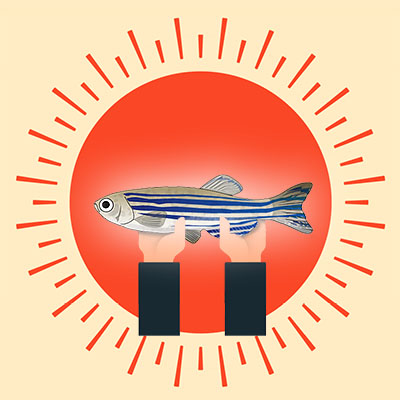
Research
Welcome to the website of the le Noble lab. We are interested in the molecular regulation of cardiovascular development in health and disease. For this we use an integrative genetic and physiological approach in zebrafish, chicken or mouse models substantiated by high end-imaging and single cell seq and spatial transcriptomics. We have three focus areas:
1. Neuro-vascular cross-talk and targeting of neuro-degenerative diseases: direct link
2. Vascular remodelling - Angiogenesis and Arteriogenesis - in ischemic cardiovascular diseases: direct link
3. Angiocrine control of tissue regeneration: direct link
4. EC cell-type specific metabolic demands: direct link
Teaching - Lehre
The le Noble lab is responsible for teaching animal physiology, developmental biology in particular of the cardiovascular and neuronal system, stem cell biology, experimental molecular biology techniques and cardiovascular pathology, the latter as part of the newly founded Medical Technologies division.
Wir lehren im Studiengang Bachelor Allgemeine Tierphysiologie und Grundlagen der Entwicklung- und Zellbiologie. Wir bieten im Hauptstudium Module für die Fächer Zoologie, Entwicklungsbiologie, Zellbiologie und Molekularbiologie an.
Wir untersuchen Molekulare Mechanismen, wie sich in der frühen Embryonalentwicklung ein effizient funktionierendes Blutgefäßsystems aufbaut, verzweigt und wie es aufrecht erhalten wird. Die molekularen Mechanismen der Vaskularisierung in der Embryogenese ähneln dabei denen, die ein wachsender Tumor für seine Versorgung aktiviert. Darüber hinaus dienen unsere Modellsysteme dem Verständnis grundlegender Prozesse, die zu Bluthochdruck, Herzinfarkt und Schlaganfall führen.
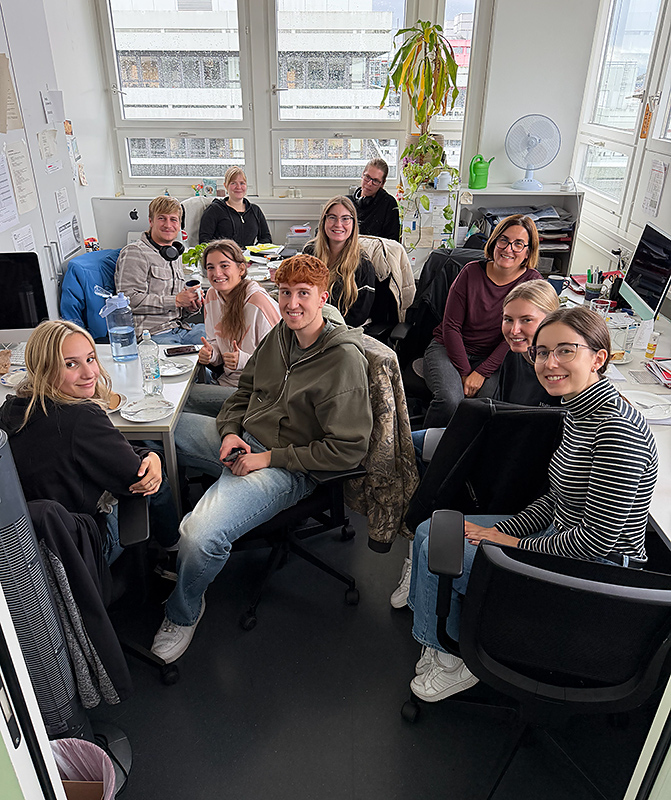
...züchten wir auch Sardinen. ☺️
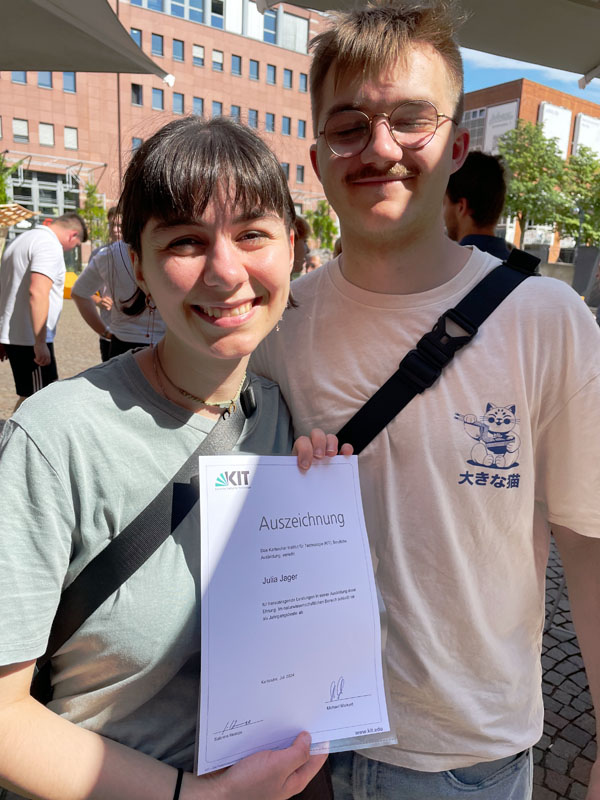
Wir sind stolz auf unsere Auszubildenden, insbesonders auf Julia Jager, die 2024 als Landesbeste ausgezeichnet wurde.
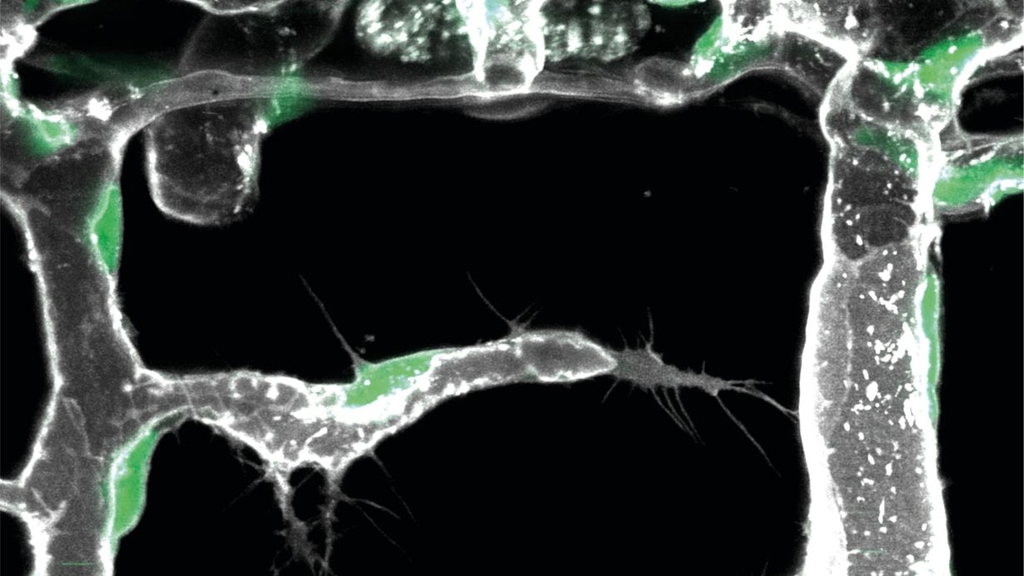
Nature Communications: KIT Researchers Discover Novel Cell Type that Controls the Formation and Growth of New Blood Vessels.
Cardiovascular diseases, including stroke and myocardial infarction, are the world's leading causes of mortality, accounting for over 18 million deaths a year. A team of KIT researchers has now identified a new cell type in blood vessels responsible for vascular growth. This discovery may allow for novel therapeutic strategies to treat ischemic cardiovascular diseases, i.e. diseases that are caused by reduced or absent blood flow.
The team has published their results in Nature Communications (DOI: 10.1038/s41467-024-47434-x)
See Press Release
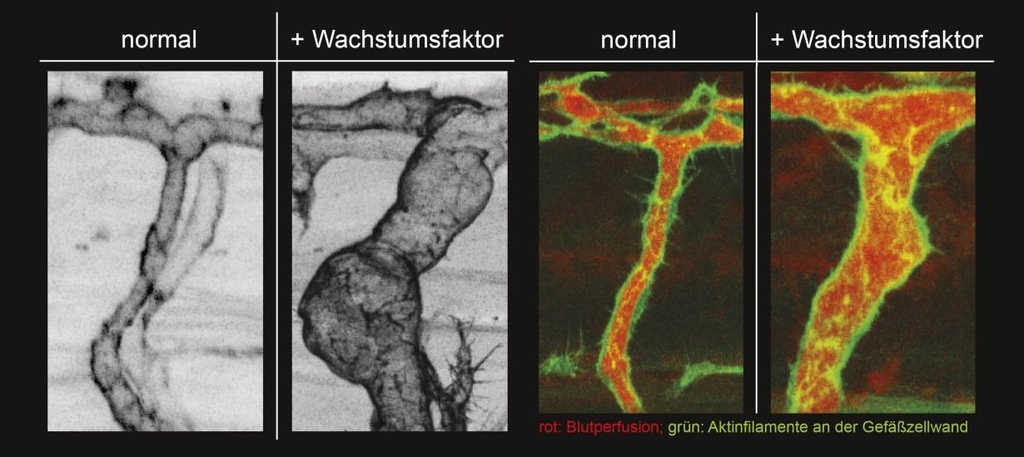
Nature Communications: KIT Researchers Identify a New Mechanism to Control Endothelial Cell Size and Arterial Caliber – Basis for Better Treatment of Heart Infarct and Stroke.
Upon a heart infarct or stroke, rapid restoration of blood flow, and oxygen delivery to the hypo perfused regions is of eminent importance to prevent further damage to heart or brain. Arterial diameter is a critical determinant of blood flow conductance. Scientists of the Karlsruhe Institute of Technology (KIT) have now discovered a novel mechanism to structurally increase arterial diameter by selectively increasing the size of arterial endothelial cells, thereby allowing rapid increases in flow. The team has published their results in Nature Communications (DOI: 10.1038/s41467-020-19008-0).
See Press release
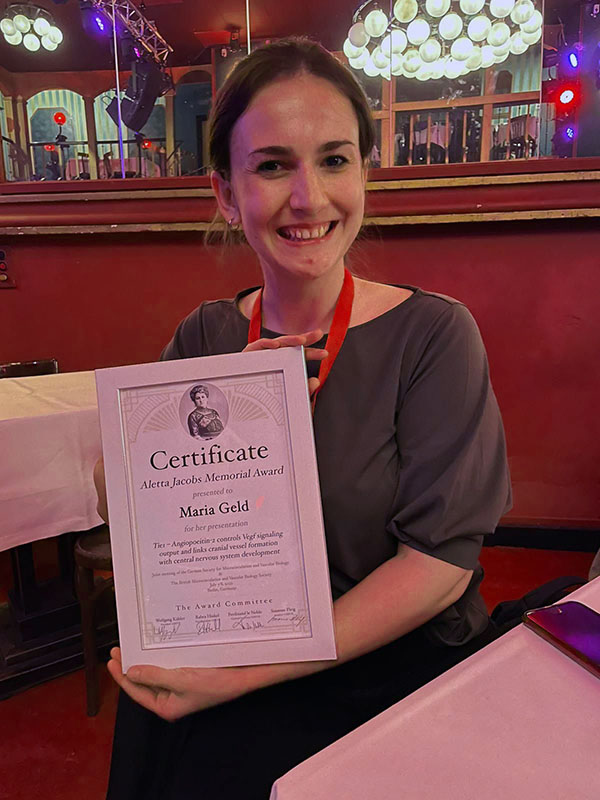
Maria Geld of the le Noble lab wins the Aletta Jacobs award, for talented female researchers at the start of their career - presented at the Joint German-British microcirculation meeting 2022 in Berlin.
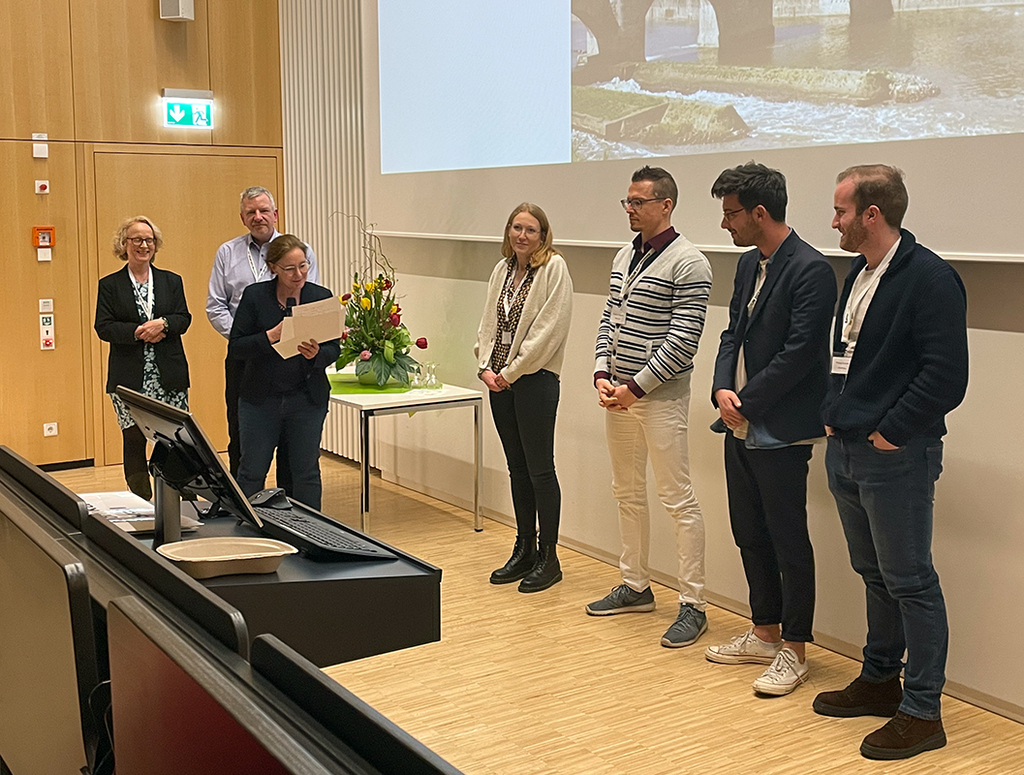
Anna Lischke of the le Noble lab was selected for the young investigator award session at the joint Dutch-German meeting of the Molecular Cardiology Working Groups, 2023 in Würzburg.
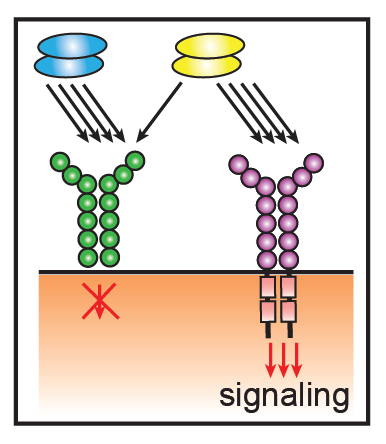
The annual retreat of the BioInterfaces International Graduate School (BIF-IGS) of KIT enables young scientists to present and discuss their recent research data in the interdisciplinary community of PhD students from various fields including biology, chemistry, physics, engineering and informatics.
This year, our team member and PhD student M.Sc. Anne Sophie Ramms was awarded both the BIF-IGS student's and PI's poster prize for her outstanding poster presentation on the discovery of novel pro-arteriogenesis pathways in zebrafish. We congratulate her for this special distinction and wish her all the best for her ongoing research.
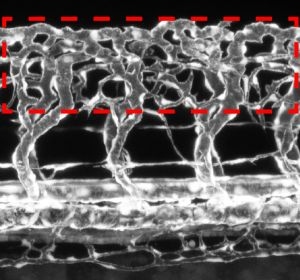
Nervenzellen bestimmen durch feine Modulation von Signalmolekülen das Ausmaß ihres Blutgefäßnetzwerks dynamisch selbst - Presseinformation

